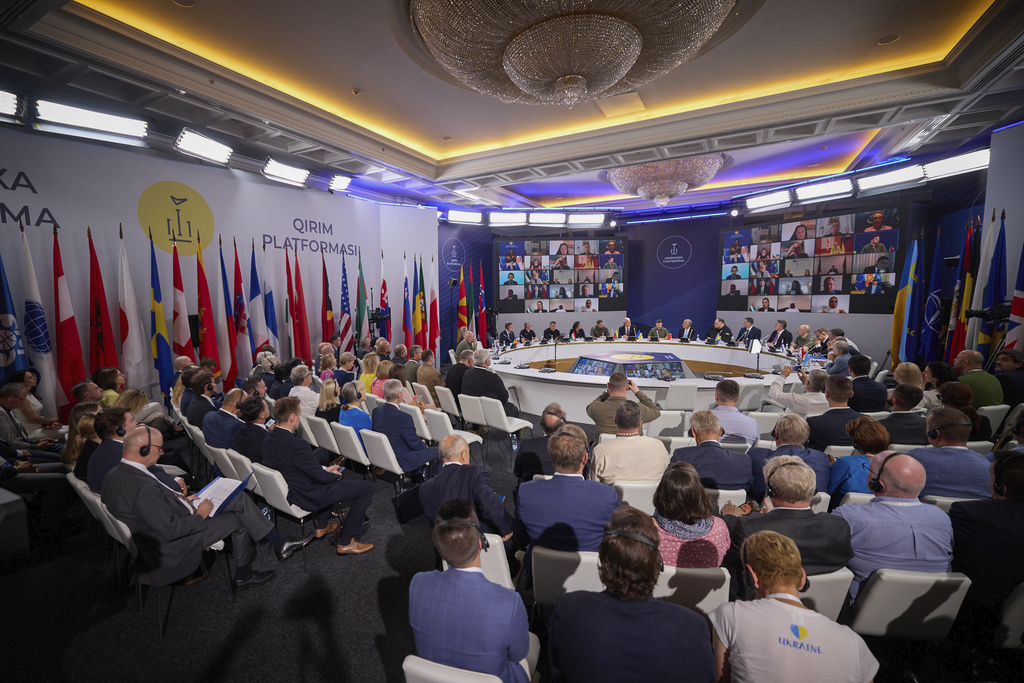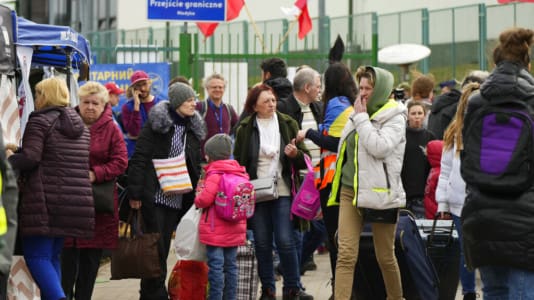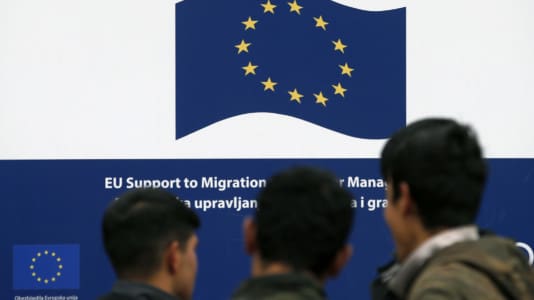Europe has shown remarkable unity since the beginning of the war, but there are signs that changes may be coming, according to a Süddeutsche Zeitung analysis penned by Hubert Wetzer.
The fact that the EU foreign ministers met for the first time in Kyiv was, according to the author of the article, intended to be a symbol. On the substance, however, there seems to be growing fragmentation regarding European unity. Hungary and Poland, for example, did not send their top diplomatic envoy, which has been interpreted as a snub.
Wetzel then stressed in his opinion piece that the question is whether only a few bricks are falling out of the facade, or will the whole foundation on which Ukraine’s support is built crumble?
Doubts have been fueled in recent days by, among other things, the Polish leadership’s sudden sharp criticism of the Ukrainians over grain shipments. In response to Ukrainian President Volodymyr Zelensky blaming Poland for supporting Russia due to Poland’s grain embargo, Polish Prime Minister Mateusz Morawiecki warned Ukraine to never insult Poland again.
The German author also commented on the results of the Slovak elections. As he wrote, Slovakia’s Robert Fico could be another politician who openly questions the need to aid Ukraine and, under the guise of peace talks, actually ends up calling for the surrender of the invaded country.
“No wonder the Hungarian prime minister was happy with the result, while his other colleagues remained firmly silent,” he said.
Diplomats in Brussels have responded that despite the warning signs, “there is no need to despair.” As long as Robert Fico does not exercise his veto over aid to Kyiv, there will be no major damage.
The Hungarian example illustrates what could happen to the EU if Robert Fico takes the helm. The deliveries will not stop, but they will only start as a result of tough, long and troubled negotiations, and the results will not be as spectacular as they have been so far.
“Plus, some governments may try to use blackmail,” Wetzel claimed.






